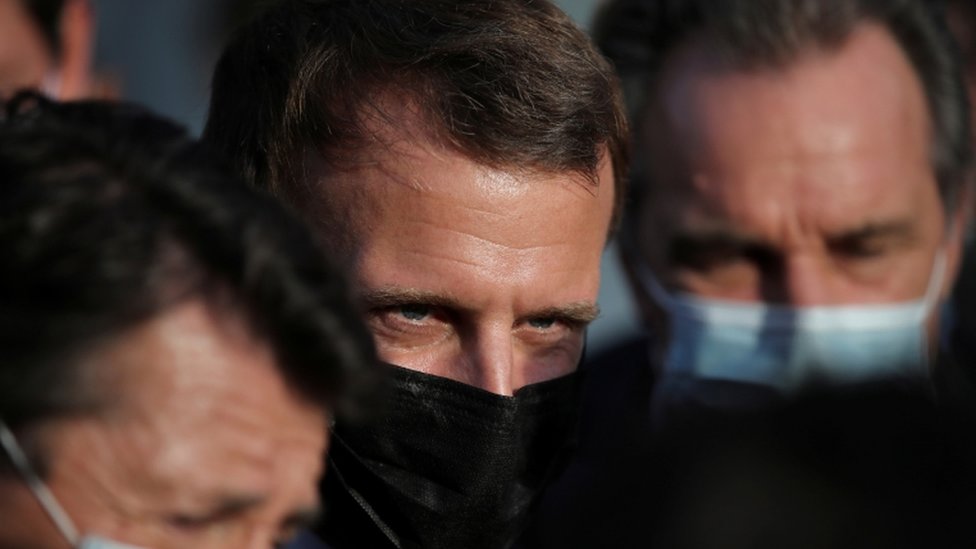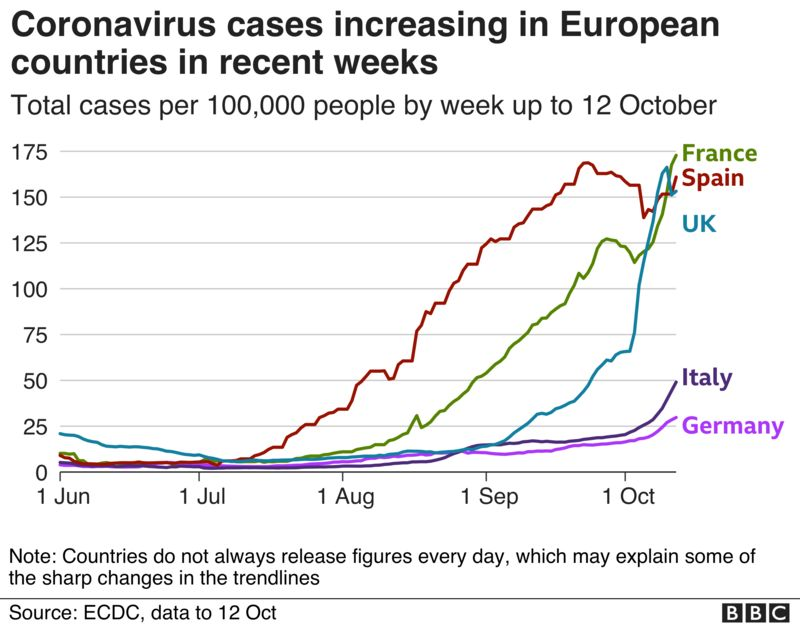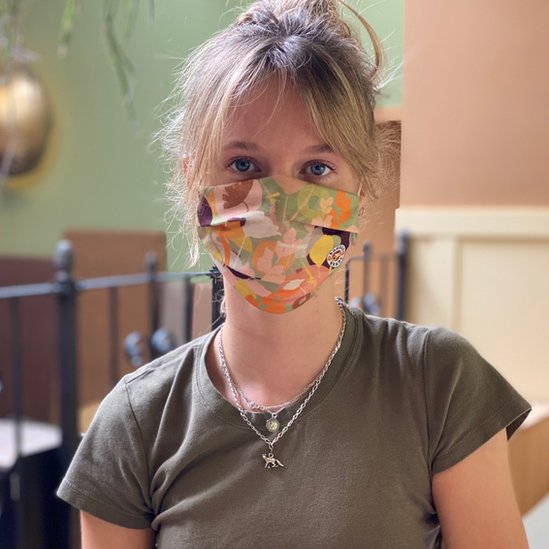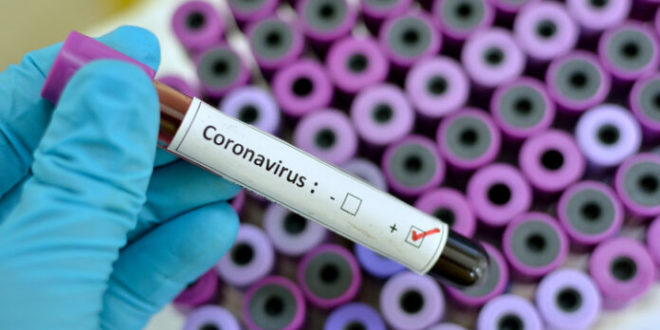Spain’s north-eastern region of Catalonia has said bars and restaurants are to close for 15 days from Thursday as the country tries to slow the spread of coronavirus.
Across Europe, governments are introducing new restrictions to battle a second wave of infections.
The Czech Republic has shut schools and bars, Dutch cafes and restaurants are closing, and France may impose curfews.
In the Netherlands a partial lockdown comes into force at 22:00 (20:00 GMT).
Also on Wednesday, French President Emmanuel Macron is set to detail new measures for Paris and other cities.
Across Europe, infection rates are rising, with Russia reporting a record 14,321 daily cases on Wednesday and a further 239 deaths.
But even in countries that have had greater success than most in keeping transmission down, infections are rising.
Germany has seen more than 5,000 new infections for the first time since April and 47 areas with an average rate of over 50 people per 100,000 residents.
Germany’s RKI public health agency officials speak of seeing an “accelerated rise in transmission in the population”.
What’s happening in Spain?
Spain currently has one of Europe’s highest infection rates, with nearly 900,000 infections and more than 33,000 deaths.
The wealthy region of Catalonia had appeared to have a second rise in infections in the summer under control when it ordered people to stay home in Barcelona and other cities.
But on Wednesday Catalonia’s interim leader Pere Aragones said “action is needed to avoid a full lockdown in the coming weeks”.
Restaurants in the region of about 7.5 million people will only be allowed to serve takeaway and Mr Aragones urged people to stay at home.
Gyms and cultural events will be allowed to operate at 50% capacity, while shops and large shopping centres must be limited to 30% capacity.
Mr Aragones said the measures will need to be approved by a court.
Residents of the country’s capital, Madrid, are already unable to leave the city, and bars and restaurants have a 23:00 curfew.
Will France impose a curfew?
Until President Macron confirms what the new measures will be on national TV at 19:55 local time (17:55 GMT) on Wednesday, all we know for sure from the government is that “nothing has been ruled out”. But like all European leaders he is doing everything to avoid a return to a national lockdown.
 IMAGE COPYRIGHTREUTERS
IMAGE COPYRIGHTREUTERSThere are widespread reports that curfews were discussed at a Tuesday night cabinet meeting, but it is not known what they would involve. Paris and Lille were under consideration as cities most likely to face an evening curfew, news channel BFM reported.
This kind of measure would involve prohibiting movement overnight except for a limited number of people, and would be enforced by greater numbers of police on the streets. It would also hit restaurants very hard, when bars and gyms are already shut in several cities placed under maximum alert.
French Guiana has been under curfew but the hours have been gradually shortened.
What’s happening elsewhere?
- On Wednesday Italy recorded its highest daily rise in infections since mass testing began with 7,332 new cases confirmed. On Tuesday the government banned parties in restaurants, clubs and outside, and advised residents not to allow more than six people in their homes
- In Portugal, gatherings will be limited to five people from Thursday. Weddings and baptisms can be attended by up to 50 people but university parties will be banned, Prime Minister Antonio Costa told a news conference on Wednesday
- A three-week partial lockdown began late on Tuesday in the Czech Republic, with schools, university halls, bars and clubs all shut. There have been 1,106 deaths from Covid-19 since 1 March, and more than 8,000 new cases were announced on Wednesday, for only the second time since the pandemic began. According to the European Union’s ECDC health agency, the Czech Republic has the highest rate of infection
in Europe over the past two weeks, at 581.3 cases per 100,000 people


- In the UK, Northern Ireland is closing schools from Monday for two weeks, which includes the half-term break, while hospitality businesses will be limited to takeaways and deliveries from Friday
- The Netherlands is also bringing in tough new measures. Facing a dramatic rise in reported infections in the past week, the Dutch government is shutting bars, restaurants and cafes for four weeks and banning sales of alcohol after 20:00 on Wednesday
- Poland has reported 116 deaths in the past 24 hours – its highest number since the start of the pandemic – and a record 6,526 new cases
- Belgian officials have warned that if current rates of infection continue, all the country’s 2,000 intensive care beds could be filled by mid-November.
Dutch try to limit social interaction
From tonight and for at least four weeks, bars, restaurants and cafes will be closed, including those selling cannabis. They can still offer takeaways.
Noah Kester, a waitress at Bagels and Beans cafe in The Hague, is worried about what will happen afterwards. She’ll continue serving coffee-to-go but is afraid she might have fewer days’ work.
“In the summer everything looked like it was going to be fine here, until suddenly it wasn’t,” she told me.


“I think the government wasn’t expecting it either. But I don’t think it’s fair that [the hospitality sector] takes the hit when we have been so careful.”
A “rule of four” applies to groups indoors and outside.
Schools, colleges and universities will stay open and face masks have been made mandatory inside enclosed public spaces for the first time since the start of the pandemic.
Rush hour was quieter than usual this morning. People have been asked to stick to essential journeys only and work from home when possible.
The impact of the restrictions will be assessed in two weeks’ time. If the numbers haven’t started to dip by then, the Dutch health minister has warned a full lockdown is on the cards.
Source: bbc.com
 Home Of Ghana News Ghana News, Entertainment And More
Home Of Ghana News Ghana News, Entertainment And More





